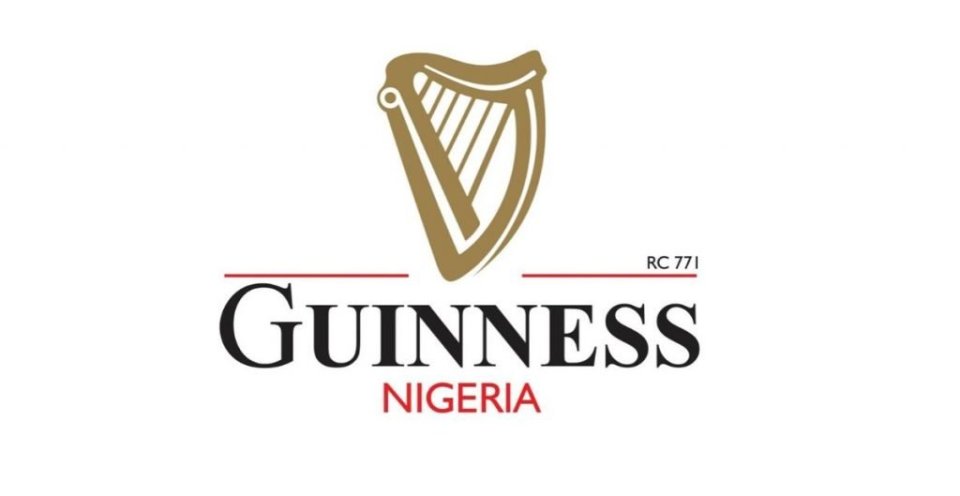Guinness Nigeria Cuts Loss In 2nd Quarter
Guinness Nigeria Plc is still on the loss-making side for the second financial year but a sharp cut down in the loss figure happened in its second quarter ended December 2020. The company’s net loss of N842 million in its first-quarter trading has dropped to N317 million. This follows a profit of N524 million it extracted from the second quarter operations.
The return to profit in the second quarter raises hopes for further progress on the path of profitability in the company’s second half. Prospects are good for clearing the loss figure in the third quarter and returning to profit at the end of March 2021.
With the progress made in the second quarter, the brewing company seems to detract from the huge loss of N12.6 billion it posted in its 2020 financial year ended June. Some favourable developments in the second quarter include a moderate improvement in sales revenue, a strong growth in other income and a decline in marketing and distribution expenses.
However, challenges remain for the company in three major fronts. One is rising input cost, which has continued to grow well ahead of sales revenue at the expense of gross profit. Another is rapidly rising cost of finance – which grew more than two and half times quarter-on-quarter in the second quarter.
The third angle of the company’s challenges this financial year is tax expenses, which consumed over 62 percent of pre-tax profit generated within the second quarter and all of the profit at half year. The year-on-year position shows that tax expenses exceeded pre-tax profit and caused the loss position at the end of the second quarter.
The overall outcome of the company’s second-quarter trading shows that the positive signal of revenue looking up for the first time in three years has been maintained. Sales revenue had plunged by 21 percent to the lowest figure in four years at the end of the prior financial year. A big leap needs to happen in the current financial year for Guinness Nigeria to trim the loss figure and possibly rebuild profit.
It isn’t yet a big leap in revenue but the company was able to push turnover up by close to 6 per cent year-on-year to over N72 billion at the end of its second-quarter in December 2020. Revenue growth accelerated from N30 billion generated in the first quarter to N42 billion earned in the second quarter.
Cost of sales continues to pose a major hurdle to management in converting the improving revenue into profit. Input cost grew close to twice as fast as turnover at the end of the review period and consumed more than all the increase in revenue.
The proportion of sales revenue claimed by cost of sales increased from less than 71 percent in the same period in the prior financial year to 74.3 percent at the end of the second quarter. Gross profit therefore declined by 6.4 percent to N18.6 billion at the end of December 2020.
Some respite came from other income, which accelerated from 74 percent growth in the first quarter to 148 percent leap year-on-year to N697 million at the end of the second quarter. Other favourable developments include a drop of 8.6 percent in marketing and distribution expenses to N10.7 billion and a flat position of administrative cost at about N4.8 billion.
The gain in other income and the cost savings turned the decline in gross profit into an improvement in operating profit during the period. Against the decline of 6.4 per cent in gross profit, operating profit improved by 4.4 per cent to N3.7 billion for Guinness Nigeria at the end of the second quarter.
The next trouble spot is rising finance cost, which was led by exchange losses of N1.6 billion. This has reversed net finance cost position from a drop of 14 percent year-on-year in the first quarter to a 49 percent rise at the end of the second quarter. Net finance costs nearly tripled quarter-on-quarter in the second quarter to N1.5 billion or 63 per cent of the company’s half-year closing figure.
Net finance costs consumed 65 per cent of operating profit at the end of the second quarter, rising from 45 per cent in the same period in the preceding financial year. That sent pre-tax profit falling by 33 per cent to under N1.3 billion over the period.
The final hit came from tax expenses of N1.6 billion that consumed the pre-tax profit and left a loss of N317 million for shareholders. It is however a reduction of the company’s loss figure from roughly N842 billion in the first quarter.
Balance sheet borrowings are further down from N13.4 billion at the end of the first quarter to N11.6 billion at half year – about half of the N22 billion figure at the end of last financial year.
The company lost 14 kobo per share at the end of the second quarter against 60 kobo earnings per share in the same period in the preceding financial year. It closed the 2020 financial year with a loss per share of N5.74.



Comments are closed.